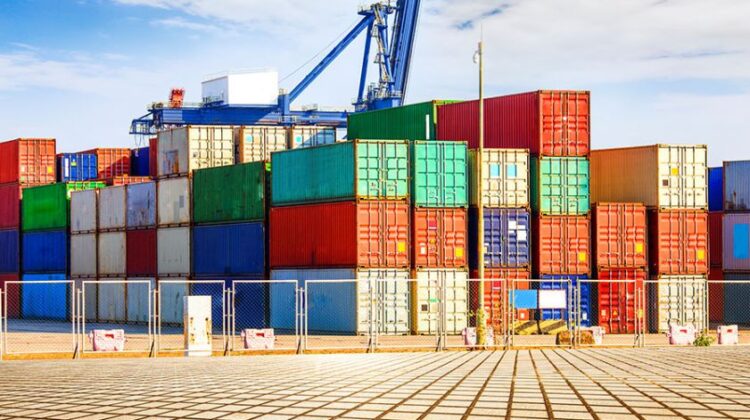
Will the government’s move to regulate shipping freight work?
By proposing that service providers should specify an all-inclusive freight rate which removes the possibility of levying surcharges and enhances transparency, the Centre has backed a long-standing demand from exporters and importers to regulate shipping freight, particularly those collected by container carriers.
Exporters and importers have always been at loggerheads with the carriers and freight forwarders for levying a slew of surcharges on top of the ocean freight which they say lacked transparency and often adds up to more than the quoted sea freight rate, effectively translating into hidden rate increases.
“A consolidated freight is a very good idea but with this I’m not sure whether we will be able to get a competitive freight rate,” said a Delhi-based agri-produce exporter.
Explaining this scepticism, he said the shipping lines will start quoting higher rates – instead of say $1,000 and charging another $300 in extra charges for the land side costs or in surcharges, they will levy an all-inclusive freight of $1,300 by building the extra charges into the freight.
“With this, I don’t think there will be any kind of advantage in terms of reduction in logistics costs,” he averred.
“Some of the exporters don’t want to put the consolidated rate on the BL, the reason being that they want to play around with the freight or for some other reasons they don’t want to disclose the actual price of the product/goods,” the exporter said.
“One of the ways to solve this issue is to have a wording in the BL that the importer does not have to pay anything extra to the shipping line at the destination or he has to pay certain specified charges. But, the consolidated freight will not be required,” he said.
Indian exporters and importers will be at a “competitive disadvantage” vis-à-vis other nations if their individual confidential contracts – a commercial agreement between shipping line and its customer which are governed by market forces – are made public, said Sunil Vaswani, Executive Director, Container Shipping Lines Association (India) or CSLA, an industry lobby group.
“Disclosing the all-inclusive freight on the BL could put many commodity traders, exporters and importers in a difficult situation where surcharges, which have not been clearly defined, are disclosed on the BL, if the shippers and consignees agree,” CSLA said to back their argument for scrapping the plan.
Carriers say that not all incidental charges are known at the time of release of the BL but are only applicable subject to the happening of an event.
“For small and medium enterprises (accounting for 94% of exporters and importers), putting the rate on the BL is not going to solve the problem of price transparency,” says Purnendu Shekhar, Founder and CEO, Cogoport. Incidental charges could be levied regardless, he said.
“Additional and conditional charges should be defined very clearly before the start of the shipment and not during or towards the end as a surprise”, he said. The shipping and logistics industries have in the past been very “innovative” to come out with charges without public discourse.
“The solution to this is to break the total freight into three items – origin charges, freight charges, and destination charges along with a clear list of possible additional charges,” says Shekhar.
“The government should regulate these pricing formats, and not the prices themselves, so that the health of the industry is maintained. This allows the free market to exist, but also protects SMEs from industry power plays and lack of transparency,” Shekhar added.
